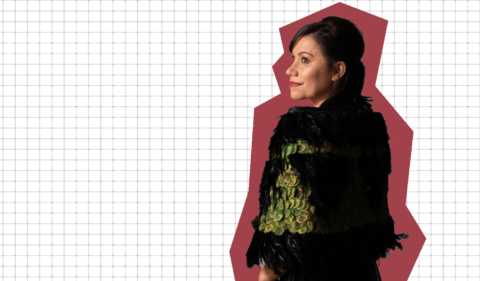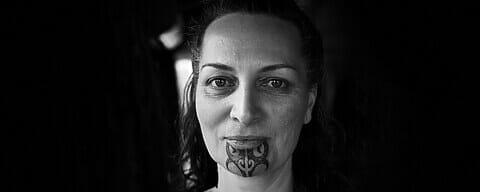If you’ve read many of my articles, you’ll know that I have an affinity for the Self-Help/Improvement genre of books. I’m a big believer in the fact that you control your own destiny, and that how you view yourself in the world has an impact on how the world treats you. The reason why I love books that focus on shifting your mindset is because they reinforce the notion that you are the author of your own life. These books emphasise how you can achieve whatever goals you wish to – provided you put in the work. It makes you feel far less insignificant and irrelevant, and more in control.
As we head into the new year, many of us will be considering what we can do from a growth perspective. I’m here to point you toward three self help books which personally changed my life and may inspire you to change yours.
The Subtle Art of Not Giving a F*ck by Mark Manson
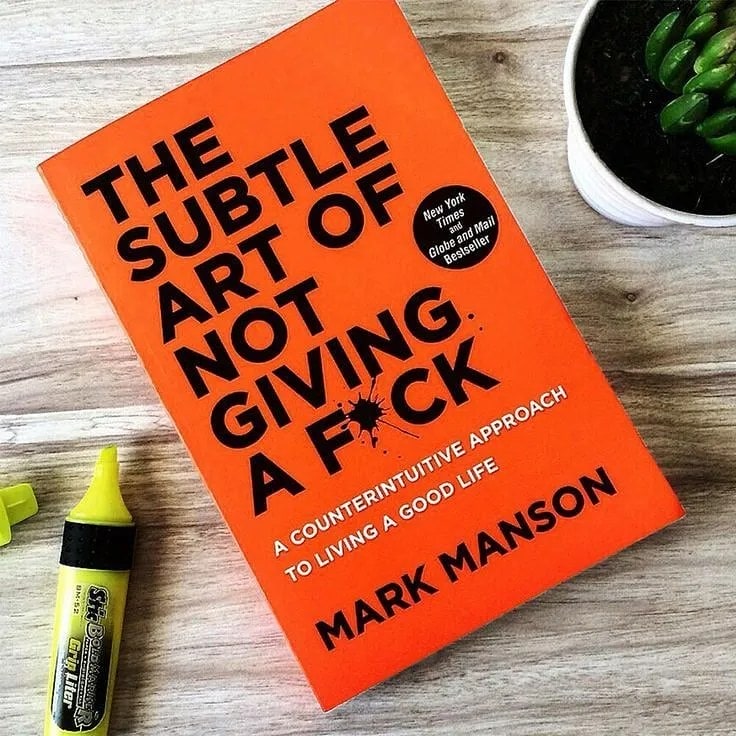
The 2016 Mark Manson publication was subtitled “A counterintuitive approach to living a good life. This book is so impactful because it deters from a lot of its predecessor self-help genre’s notion that positive thinking automatically creates a happy life. In a quote in the book, Manson says “F* positivity” – if things are bad, you have to deal with it as is. It’s a very ‘it is what it is’ mentality and one which I feel I’ve pushed forward into all proponents of my life. I am generally a very positive person, but bad things can happen which are out of your control.
We live in a universe with far more resources than ever before, and because of this, we have many opportunities which can lead us to not really know what to give an f* about. The book is raw and honest and emphasises that humans are flawed, but we need to understand and accept our limitations. Once we can stop avoiding our fears, faults and limitations, we start to harness the ability to confront ourselves and others, and become more honest, responsible and curious about this.
This book is impactful because it doesn’t tell you to be indifferent, but it tells you to give a f* about what is immediate and important, and ultimately, to be accepting of the pain which may attach to achieving your goals.
7 Habits of Highly Effective People by Stephen R. Covey
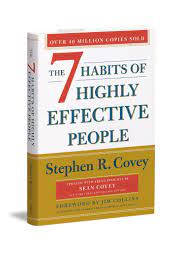
A bit older than the other books on this list, this 1989 publication is a cornerstone of this genre. Also a business book, Covey summarises an approach to being effective by aligning yourself with universal and timeless principles (which has held true as this book is still well-acclaimed).
The principal of this book is that by incorporating a series of habits, you progress through the maturity continuum which is the three successive stages of maturity as coined by Covey. The maturity continuum spreads from dependence (which you have at birth), to independence, and finally to interdependence.
The first three habits focus on your shift through the maturity continuum from dependence to independence and represent the achievement of self-mastery, with these habits involving being proactive, beginning with the end in mind (i.e., working toward your personal goal/mission) and providing an order to prioritise tasks.
The next three habits focus on the shiftto interdependence and the ability to successfully work with others. These habits involve thinking in mutually beneficial win-win solutions in your relationships, seeking first to understand others and only after being understood, synergise by combining strengths of people through teamwork.
Finally, the last habit represents continuous improvement; “sharpening the saw” involves dedicating yourself to consistent progress.
Atomic Habits by James Clear
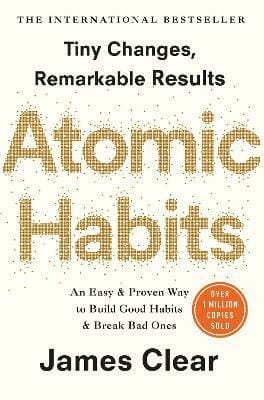
Following the theme of habits, Atomic Habits is a book whereby Clear conveys a way that you can make tiny changes to bring about the most dramatic results. Un-ironically, Mark Manson (author of Subtle Art Of Not Giving A F*) has proclaimed that this is one of his favourite books as it provides “fundamental information about habit formation, so you can accomplish more by focusing on less.”
This book really does provide a “cheat-code”-esque framework to build good habits and break any bad ones you may have.
Clear, a world-leading habit formation expert, reminds us that habits are actions that we instinctively do, without thinking about. We don’t often give them a second thought but taking daily action to change/alter a habit can have an extremely powerful effect on your life. He instils the notion that small habits are far more impactful than we think, as results in life really are a measure of habits. Their financial status is a measure of their spending and working habits, health is a measure of exercise and diet habits, and your friendships are the measure of your relationship habits. Bad habits can build up and negatively affect us so Clear contends that the key is to make tiny changes in your behaviour which, when consistently repeated, become habits that reap big rewards.
Clear breaks down the process of habit building into taking cues (or a trigger), a craving for something, a response (what you do in response to the craving) and the reward (outcome). Clear talks about this habit loop and how we can utilise this to learn to replace your cues, cravings, responses and rewards for bad habits to create better habits.
Hopefully I’ve inspired you to pick up one of these books as your new year read!






